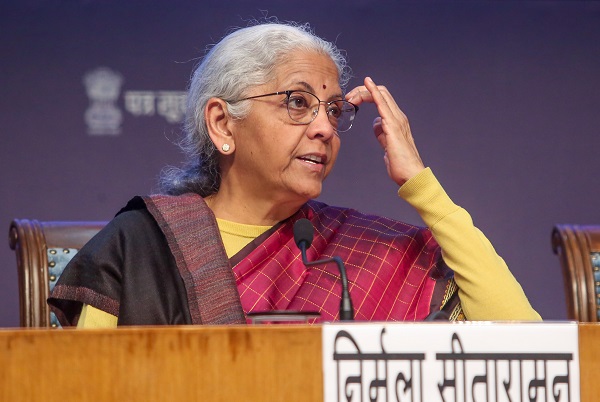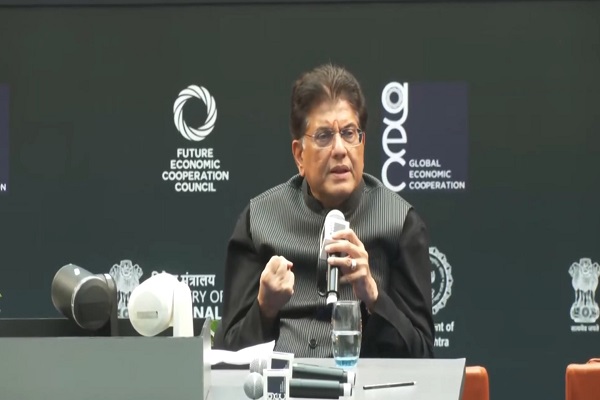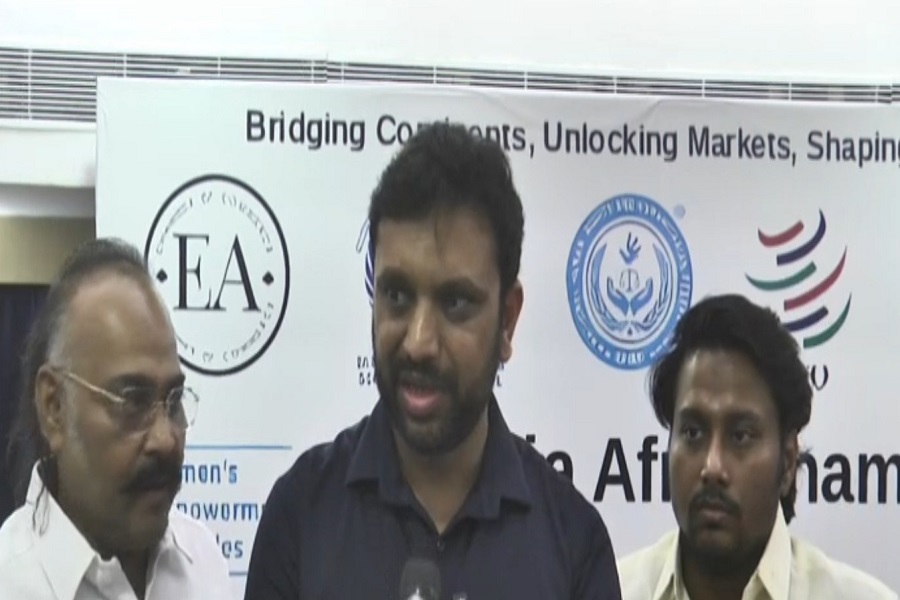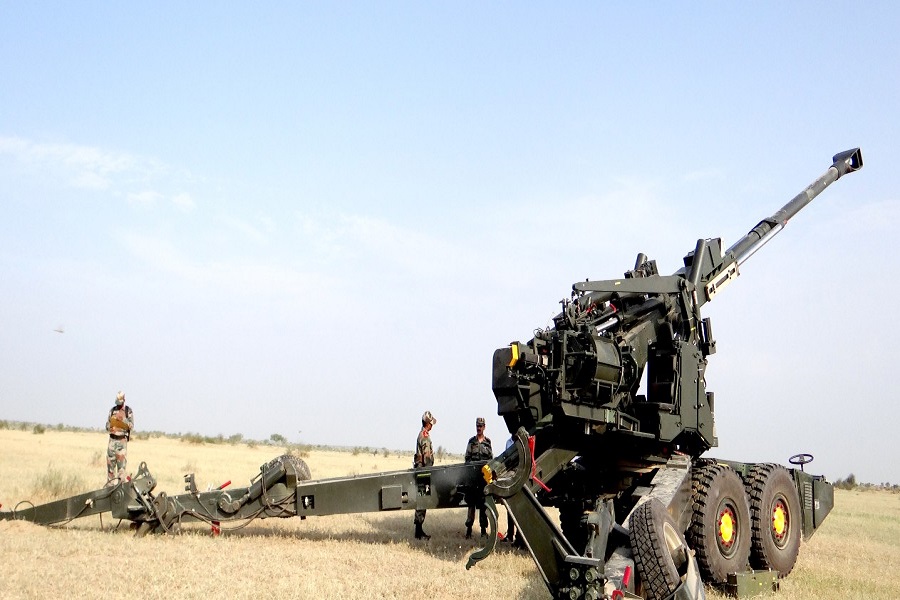India`s textile exports chart positive growth trajectory despite global uncertainties
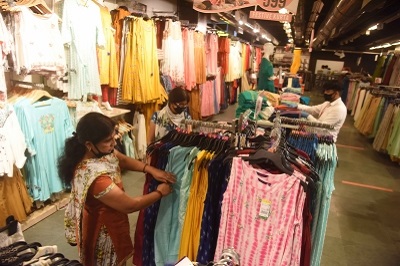
India's textile and apparel sector has continued to demonstrate resilience despite the global uncertainties, to chart a positive growth trajectory in July, reaffirming the sector’s role as a key driver of employment, exports and economic growth.
According to quick estimates released by the Directorate General of Commercial Intelligence & Statistics (DGCIS), exports of major textile commodities in July reached $3.1 billion, marking a 5.3 per cent year-on-year growth compared to $2.94 billion in the same month last year.
For the period April–July 2025, cumulative textile exports stood at $12.18 billion, reflecting a growth of 3.87 per cent over the corresponding figure of $11.73 billion for the same period of the previous year.
The segment-wise figures show that exports of readymade garments $1.34 billion in July this year, up from $1.28 billion in July 2024, representing a 4.75 per cent growth. Cumulative exports for April–July this year have recorded a 7.87 per cent growth to $5.53 billion, compared to $5.13 billion last year.
Exports of cotton textiles, including yarn, fabrics, made-ups, and handlooms, rose by 5.2 per cent to $1.02 billion during the month from $970.5 million in July 2024. Cumulative exports April–July 2025 stood at $3.88 billion, nearly unchanged from $3.89 billion last year.
Carpet exports grew by over 8 per cent $133 million, while exports of handicrafts recorded a robust double-digit growth of over 10 per cent to touch $153.4 million in July.
Total exports of the six major textile commodity groups crossed $3.1 billion in July 2025, showing resilience against mixed global trade conditions. Sustained demand in readymade garments, jute, carpets, and handicrafts contributed significantly to the growth momentum, according to a statement by the Ministry of Textiles on Wednesday.
The industry’s performance highlights India’s diversified product strength, spanning from cotton and MMF-based textiles to traditional handicrafts and eco-friendly jute, the statement said.
Initiatives under schemes such as RoSCTL, RoDTEP, PLI for Textiles, PM MITRA Parks, and National Technical Textiles Mission, National Handloom & Handicraft Development Programme are enabling the sector to modernise, innovate, and diversify, while initiatives like SAMARTH are equipping the workers with the necessary skills, the statement added.













